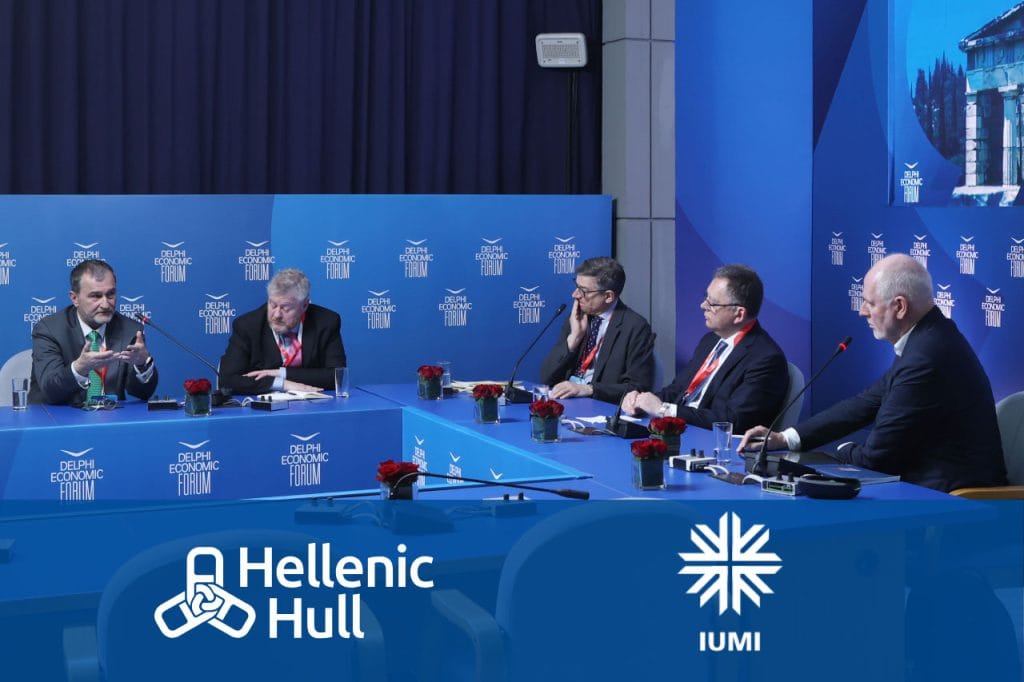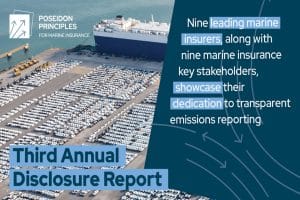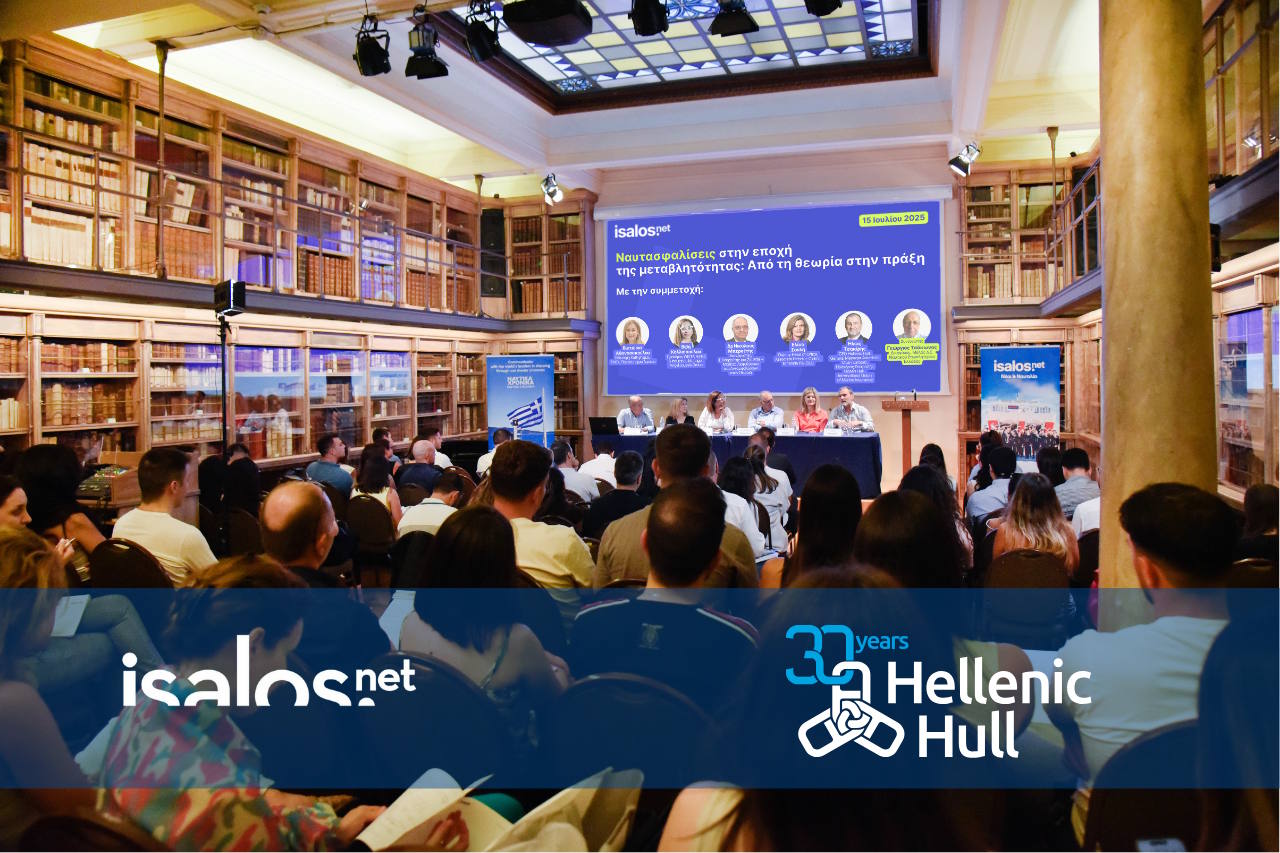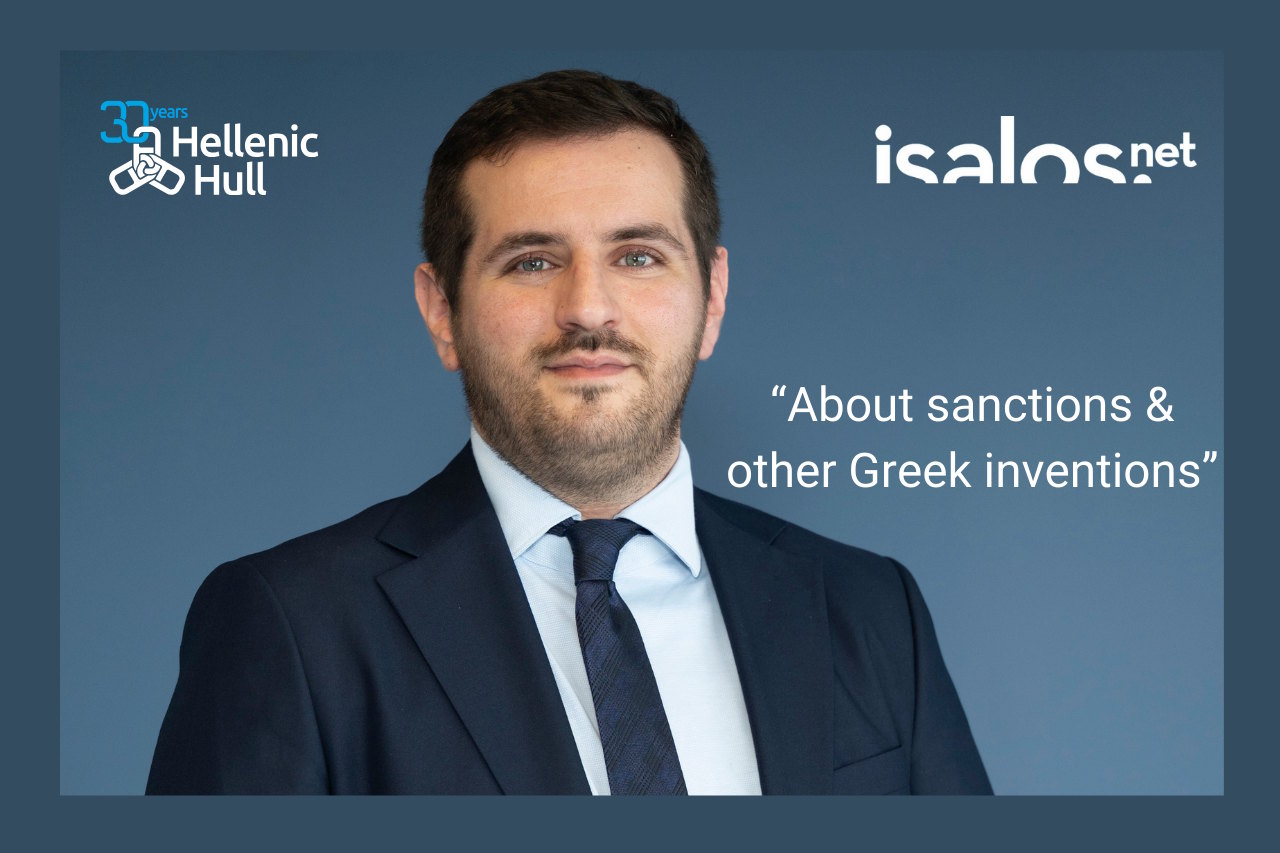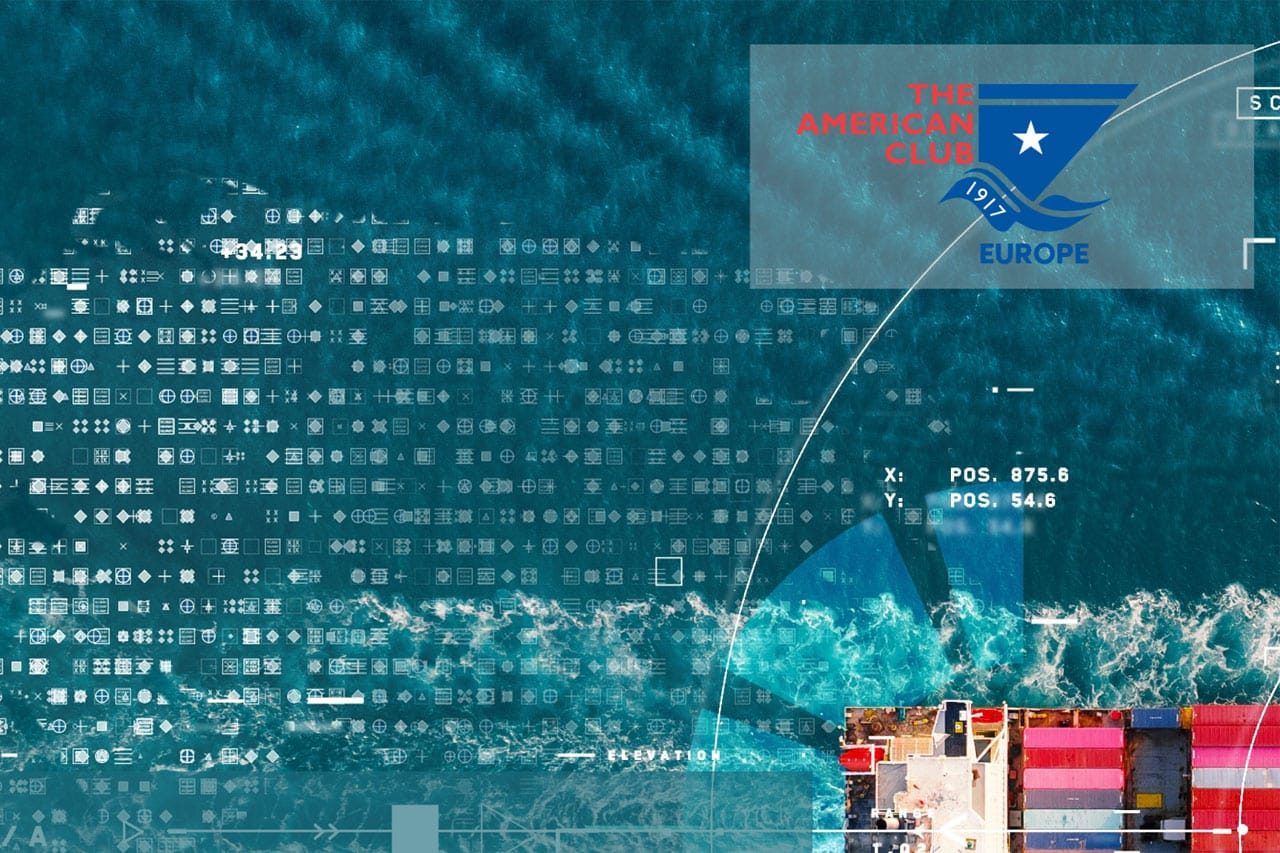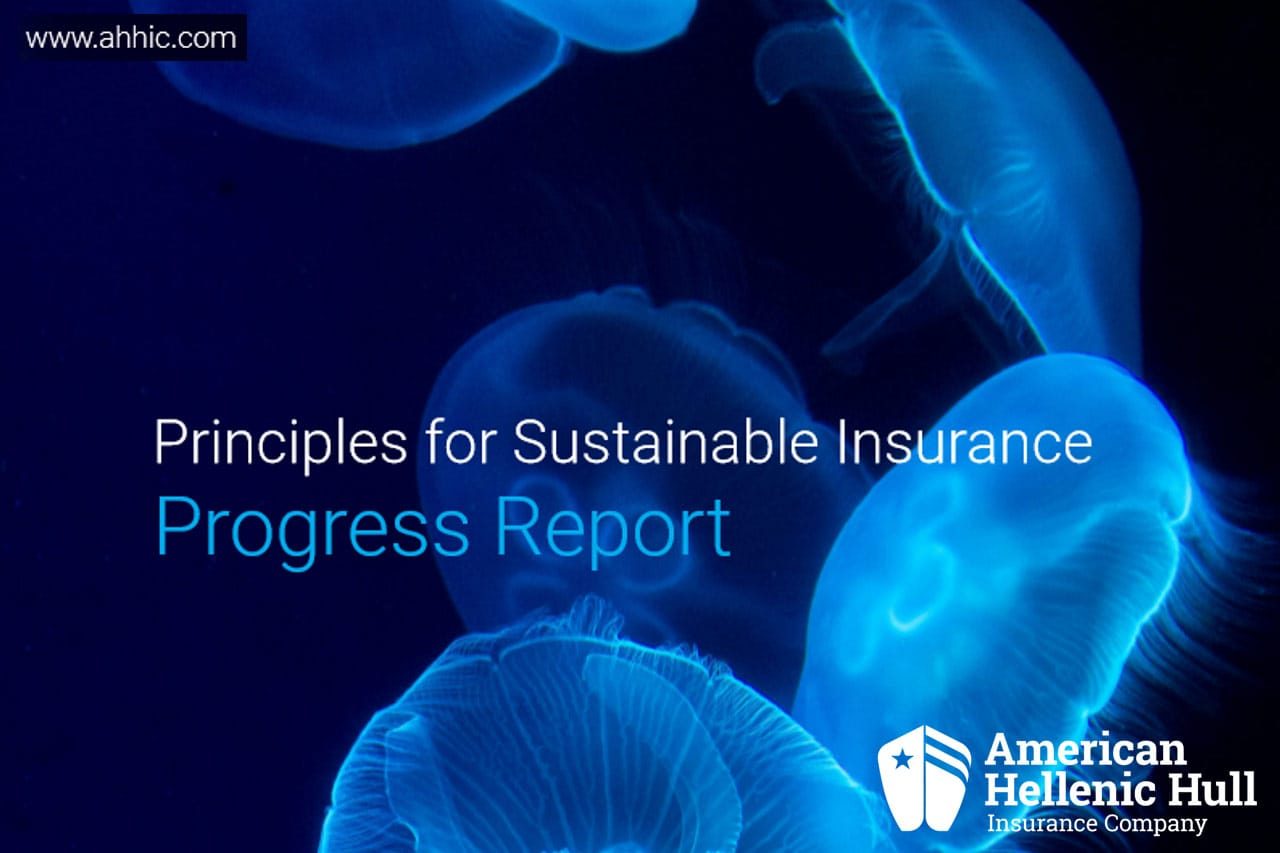Shipping warned of increasing risks as governments struggle to contain multiplied threats.
‘Areas of concern’ for marine insurers have increased sharply, according to Lloyd’s Market marine head Neil Roberts.
War risk insurers are struggling to calculate exposure at any given moment in certain volatile areas.
‘It’s not the same thing to write war risks in times of peace compared to wartime,’ said Frédéric Denèfle.
Marine insurance and governments alike are struggling to deal with the sudden deterioration in the geopolitical situation that is putting merchant ships at greater risk than for a generation, according to leading insurance specialists and analysts.
“The significant shift over the past two to three years is that for the first time we have a range of actors around the world whose strategic interests are served by trying to interrupt or by targeting commercial maritime traffic,” said Dominick Donald, director at Autolycus Advisory, the UK-based geopolitical risk adviser and analyst.
There were several areas around the world where “weapons of war are being used against commercial maritime traffic to try to stop that traffic plying its normal business,” Donald told an audience at the 2024 Delphi Economic Forum, held in Greece.
“The reality is that, unless those threats are reduced, traffic will be affected and that will have ripple effects across economies, other sectors and markets,” he said.
Areas “of particular concern at the moment” included the Black Sea, the Red Sea, “a perennial Iranian threat” to close the Strait of Hormuz as well as unease in East China and the South China Sea, he said.
“If a state or, in the case of the Houthis, a sub-state actor has a strategic interest in interrupting or attacking commercial maritime traffic then they will go further and for longer in pursuing those objectives than would otherwise be the case.”
But Donald underlined that the geographical situation could alter rapidly, and not necessarily for the better.
“Three years ago nobody was worried about the Black Sea,” he said. “Now everyone is.”
“There are going to be other areas of the world where local actors for the moment have no strategic interest in attacking commercial marine traffic, but that calculus may change.”
According to Donald, governments generally “do not have a very good grip” on how the shipping business functions and hence struggled to respond successfully.
“I found this to my great surprise when the Somali piracy explosion happened in 2008 and I’m not sure the situation has improved very much since then,” he said.
One of the difficulties was that the commercial maritime world was dynamic and continually changing.
When a government tries to understand something that it doesn’t understand, it gets a snapshot and thinks that the email it got setting out situation A two years ago still applies. But by that time we have got to situation Z and they do not understand what’s going on and so they have to begin the whole re-education process again and again.”
With current wars, crises, sanctions and big strategic issues such as the energy transition to grasp, governments found themselves “almost always behind the curve.”
The need for states to fashion a more effective response to what is a deteriorating climate for the protection of shipping was also addressed by Neil Roberts, head of Marine & Aviation, Lloyd’s Market, and a member of the International Union of Marine Insurance Policy Forum.
The number of “areas of concern” for insurers, where they require notification from shipowners if vessels are trading there, had risen from 15 or 16 a decade and a half ago to 24 today, he said.
“We are confronted by a range of threats,” said Roberts. “Our supply chains are based on a peacetime scenario and calculated on the best economics. That’s outdated when you’ve got threats all around.
“Shipping is a facilitator for international trade and insurance sits behind the shipping. You take either of those out and there is a risk of serious disruption,” he warned. Roberts acknowledged that as the risks facing shipping rise, insurance capacity may shrink.
Already, reinsurers had balked at involving themselves in the Russian-Ukraine conflict, leaving the direct market “on its own” with a resulting reduction in capacity.
Of a possible strain on capacity because of threats against shipping, Roberts said: “You can see it coming. Nonetheless there will be people willing to provide the cover, it will just be more expensive.”
On the appearance of actors ready to disrupt maritime commerce, he said that there were nations who were “pushing the legal envelope in a grey zone and they are not being stopped, so they push a little further.
“This is a live situation that’s still going on and it doesn’t look like internationally we are dealing with it very well.
“We have a just-in-time economy suited to a peacetime situation which has now become unstable while we need a just-in-case economy and we need infrastructure to support that. It’s quite concerning overall,” he said.
A proliferation of sanctions was adding to the problems, Roberts said.
When I started, the compliance team in my company was two people — we kept them in a cupboard and they never came out except at Christmas. Now it’s two floors and they tell you what you can’t do.
“It’s a complete change and it’s certainly gumming up commercial trade,” he said. “It’s on the cusp of paralysing commercial trade.
“It’s an absolute problem for us as insurers cannot enforce. For actual enforcement you are relying on the states. They have to do something other than push it into the financial area and hope for the best,” he said.
Frédéric Denèfle, president of the International Union of Marine Insurance, France, said that while there had been threats to navigation in past decades, today’s geographical spread of threats and the sensitivity of an interdependent world economy “probably” made current events unprecedented.
According to Denèfle, who is also managing director of Paris-based war risks specialist Garex, actual hostilities against ships have come as “a shock” to the marine war risks market.
“It’s not the same thing to write war risks in times of peace compared to wartime,” he told the audience. “We have been insuring war risks for decades without any serious events, or at least not of this magnitude.”
Some reinsurers that were backing the direct market had already taken the position that “the situation was quite difficult to handle,” he said.
A major issue was being able to track the vessel insured against war risks and ensuring that too much exposure did not accumulate.
“The truth is that we are not 100% sure of the number of ships we insure in some areas,” said Denèfle. “For example we do not exactly know how many vessels are trading nowadays between China and Taiwan. That’s a big question mark. That’s a data collection problem and we have to try to clarify this.
“We need partnership, not just with technological suppliers but also with governments when it comes to war risks.
“What we can try to do to match this situation is to enlarge the capacities and mutualise the capacities for covering war risks in a better way,” he commented. “Instead of relying on reinsurance we would have to work together and cooperate more to expand the securities that are available for the benefit of the shipowner.”
Denèfle alluded to historical cases when governments had stepped up to act as insurers of last resort in order to protect national assets and trade.
“We are also considering for those very extreme situations some form of private-public partnership to secure that kind of risk and to provide coverage when it is otherwise impossible.
“We are not there yet, but it is something to have in mind,” he said.
“As hull underwriters, we see a lot of types of risks,” said Ilias Tsakiris, chair of IUMI’s Ocean Hull committee.
“War has seriously affected the supply chain. It has showed us that in times of peace, all systems work perfectly but all of a sudden our trade routes are not safe anymore, which means our supply chains have to change.
“When we change the trade routes it automatically increases the risks because it’s an unknown,” said Tsakiris, who is also chief executive of Hellenic Hull Management. “The trade route becomes longer, increasing wear and tear on the asset, through more remote areas where salvage may not be readily available. If salvage is not readily available that increases strain on crew. When you have strained crew it increases the risk of accidents on board.
“All these may not be new risks but they are enhanced risks,” he said.
